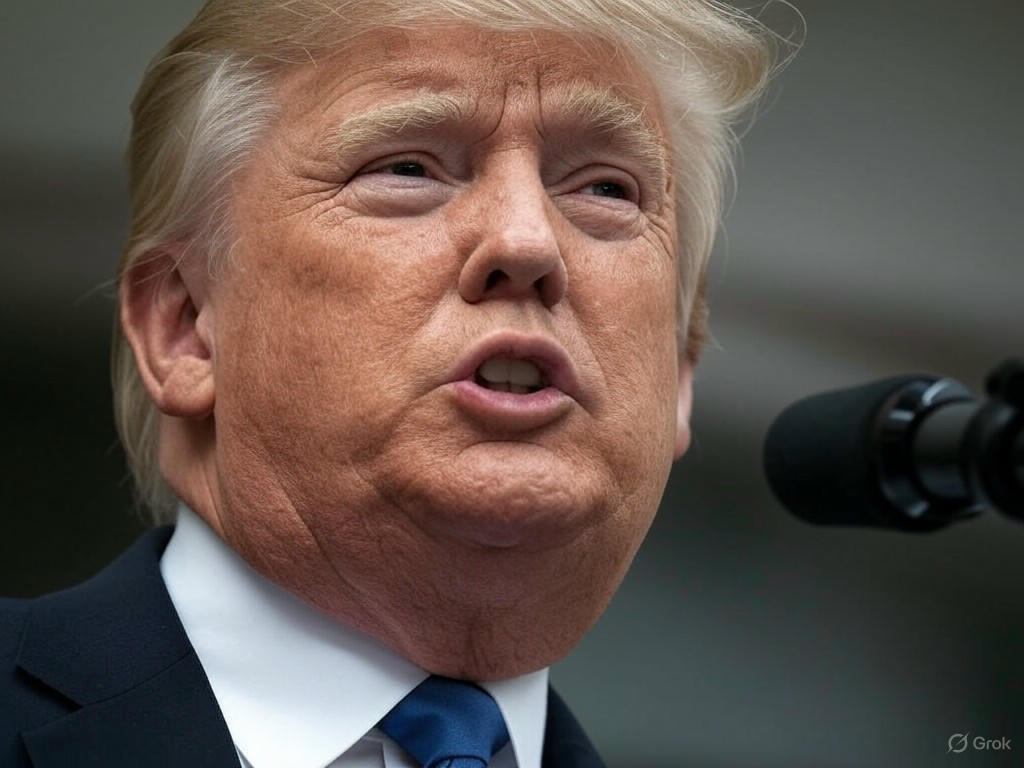Trump Slams Fed Chair Powell Over Interest Rate Stance Ahead of Key Meeting
As the Federal Reserve gears up for its highly anticipated meeting this Wednesday, former President Donald Trump has once again taken aim at Fed Chair Jerome Powell, labeling his approach to interest rates as ‘stupid.’ Trump, never one to shy away from voicing his opinions on economic policy, argued that the central bank’s current key borrowing rate is far too high, suggesting it should be slashed by at least two percentage points to stimulate economic growth. This latest critique adds to a long list of public disagreements between Trump and Powell, highlighting a persistent tension over monetary policy direction during a time of economic uncertainty.
Trump’s comments come at a critical juncture for the U.S. economy, as businesses and consumers alike grapple with the effects of elevated borrowing costs. High interest rates, often used by the Fed to curb inflation, can slow down economic activity by making loans more expensive for everything from mortgages to business expansions. Trump’s argument centers on the idea that a significant rate cut would provide much-needed relief to Americans struggling with these costs, while also boosting investment and job creation. His outspoken criticism of Powell suggests a belief that the Fed is out of touch with the immediate needs of the economy, prioritizing inflation control over growth. This perspective, while controversial, resonates with some business leaders who have expressed frustration over the Fed’s cautious approach in recent months.
However, the Federal Reserve operates independently of political influence, and Powell has repeatedly emphasized that decisions are based on data-driven analysis rather than external pressure. With inflation still a lingering concern despite recent declines, many economists believe the Fed is unlikely to make drastic cuts to interest rates in the near term. A reduction of two percentage points, as Trump demands, would mark a dramatic shift in policy that could risk reigniting inflationary pressures, according to experts. The upcoming meeting’s outcome will be closely watched, as any hint regarding future rate adjustments could have immediate ripple effects across financial markets. Investors are particularly keen to see whether the Fed will signal a more dovish stance or maintain its current trajectory of gradual adjustments.
Beyond the specifics of interest rates, Trump’s latest remarks underscore a broader debate about the role of the Federal Reserve in shaping economic outcomes. His persistent criticism of Powell raises questions about the balance between political rhetoric and central bank autonomy, a topic that has long been a point of contention in economic circles. As the nation awaits the Fed’s decision this week, the clash between Trump’s vision for aggressive rate cuts and Powell’s measured approach serves as a reminder of the complex interplay between politics and economics. Regardless of the meeting’s outcome, this ongoing feud is likely to remain a focal point in discussions about America’s financial future, with both sides standing firm in their convictions.


